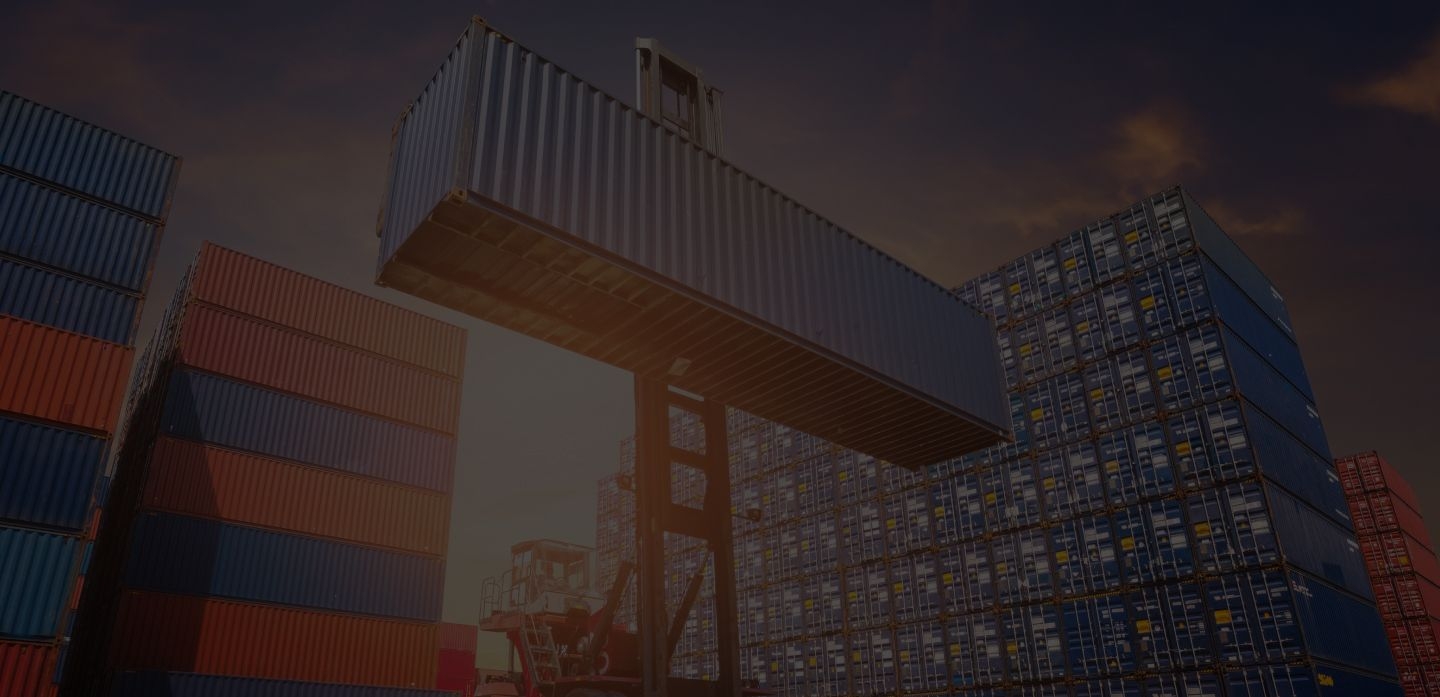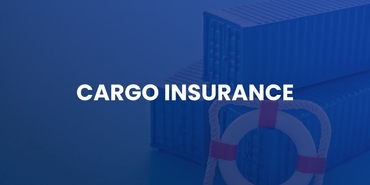
What are Terminal Handling Charges?



![]()
Ocean ports will generally have a terminal as part of their facilities. These serve as storage areas and loading and unloading docks for goods that are being imported or exported. Shipping terminals can either be for cargo or passengers. When used for the former, they are referred to as freight terminals.
What are Terminal Handling Charges?
Because freight terminals function for the storage, loading, and unloading of goods for transport, a terminal would charge certain fees. These fees are called a terminal handling charge or THC charge. It is among the other fees charged for import and export to and from the U.S.
What is the Purpose of Terminal Handling Charges?
THC shipping charges would be shouldered by the shipper or the buyer, depending on who is responsible for them according to the Incoterms used. These charges go to the freight terminal operator as compensation for their service to the cargo being transported, to fund the operations of machinery, equipment, and mechanisms that go into loading or unloading cargo, to maintain infrastructure and equipment, to settle taxes and surcharge, as well as to pay employees.
In short, terminal handling charges keep a port and its facilities functioning and serving the needs of importers and exporters.
What Costs Are Included in Terminal Handling Charges?
A terminal handling charge includes a certain port terminal’s local charges. This necessarily means that the rate of THC shipping would depend from port to port. For example, you would need to pay a different rate of terminal handling charge in China than you would in Singapore or Hamburg, and Germany.
In the same manner, different terminals in the same port can also charge different THC rates. This is because the facilities of each freight terminal would differ — one may have more enhanced and modern technology and equipment than the other, hence calling for a more expensive terminal handling charge.
Types of Terminal Handling Charges
All cargo that is shipped will require the payment of terminal handling charges. Depending on the agreement of the buyer and seller, this can be paid by one party or the other either in the port of origin, trans-shipment ports, or port of discharge.
The terminal handling charges calculation, however, is different when it comes to goods such as:
- Refrigerated containers (reefers) - need electrical connections
- Out-of-gauge cargo (OOG) - needs special handling equipment and expanded storage space
- Hazardous materials (HAZMAT cargo) - needs sequestering and temperature-controlled storage
Because these types of goods require unique handling specifications, THC charges are computed differently for them. Otherwise, terminal handling charges are fixed by ports and changed annually. In some ports, THCs fluctuate depending on the volume of the goods being shipped.
Shipping Factors to Consider to Mitigate Terminal Handling Charges
Cargo Traffic
THC rates differ from port to port and from terminal to terminal. Hence, cargo traffic may determine the cost of terminal handling charges. You may want to consider factors such as convenience, facilities, and proximity to decide which port to send or receive your cargo.
Accessibility
The accessibility of cargo terminals from the port is also an important factor to consider. If the facility is rather far away, you would be charged the extra cost for hauling and moving the cargo to the terminal. Select a port that has a freight terminal close by to mitigate terminal handling charges.
Facilities
The facilities in a freight terminal, including their advanced equipment and machinery, etc. would play a big role in increasing the terminal handling charges. If your priority is to mitigate the cost of THCs, you can opt for ports with facilities that don’t utilize high-end equipment, as long as you are okay with that and it’s suitable for the cargo that you are shipping.
Related Articles


